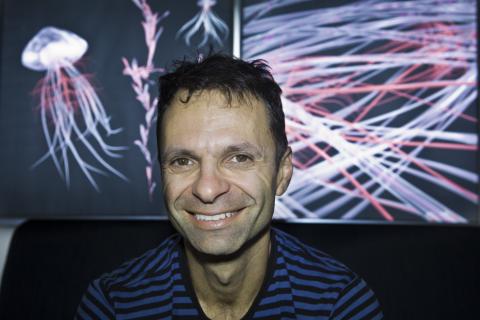Primary supervisor
Alan DorinCo-supervisors
- Bernd Meyer
- Reid Tingley (Monash, School of Biological Sciences)
- Carla Sgro (Monash, School of Biological Sciences)
Research area
Data Science and Artificial IntelligenceSpecies’ distributions are shifting in response to global climate change and other human pressures. Accurate methods to monitor and predict distribution shifts are urgently needed to manage threatened species and ecosystems, and to control invasive species and diseases. This requires a step-change in the data and methods used to monitor and predict organism behaviours and ultimately shifts in species' distributions.
This project harnesses research in ecological and agent-based modelling, machine learning, and AI to increase the predictive power of models of species’ distribution shifts via “data-model fusion”. The successful candidate will develop near-real-time integration between emerging environmental and ecological AI-driven data sources (e.g., automated acoustic and machine vision species classification, web scraping, environmental DNA, satellite imagery) and agent-based models and ecological simulations. Our recent work, funded by the Monash Data Futures Institute, has piloted the development of novel data sources and agent-based models for the Australian cane toad invasion. The successful candidate will use this case study as a foundation for integrating multi-paradigm modelling approaches and devising workflows that are generalisable to a broad range of taxa and questions.
#sustainability
Required knowledge
This position would suit a candidate with a computer programming background who has an interest in ecology and biodiversity conservation, or an ecologist with computational modelling experience (e.g., using R, Python, Matlab).
